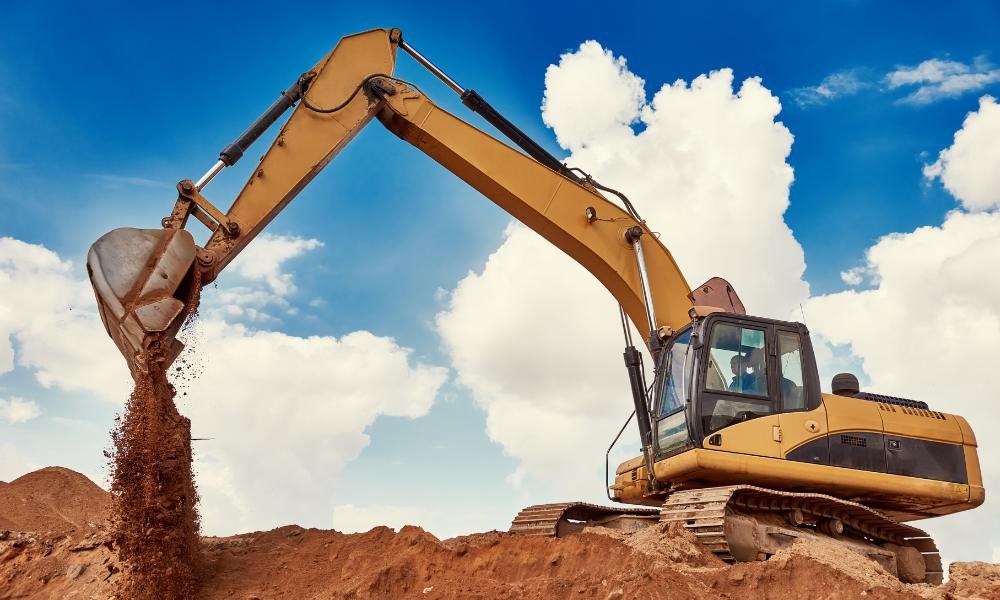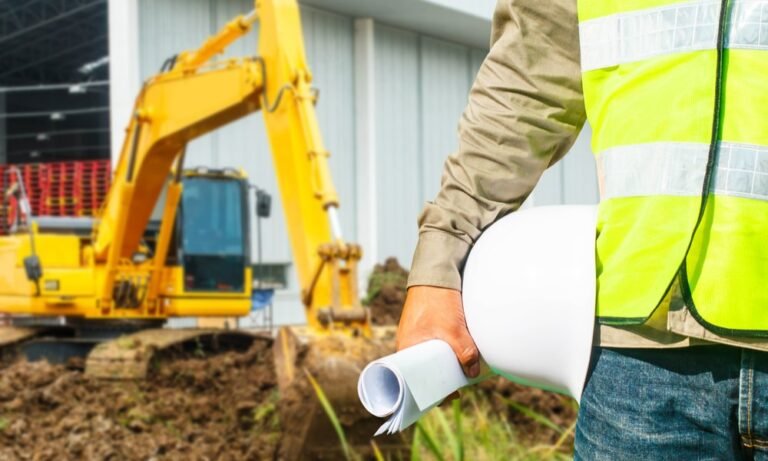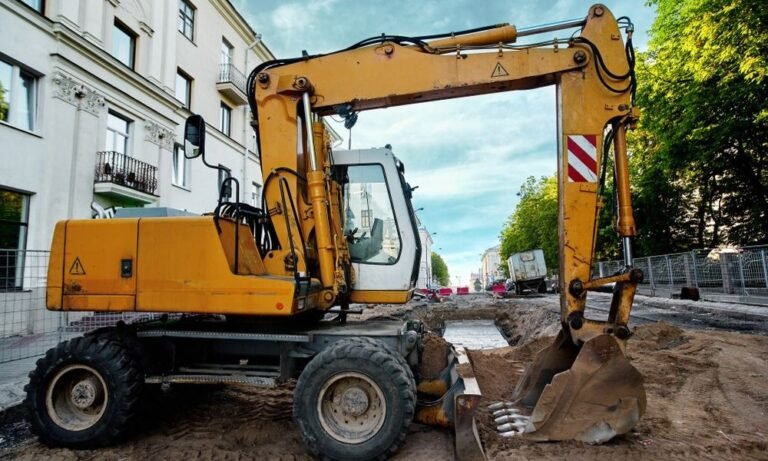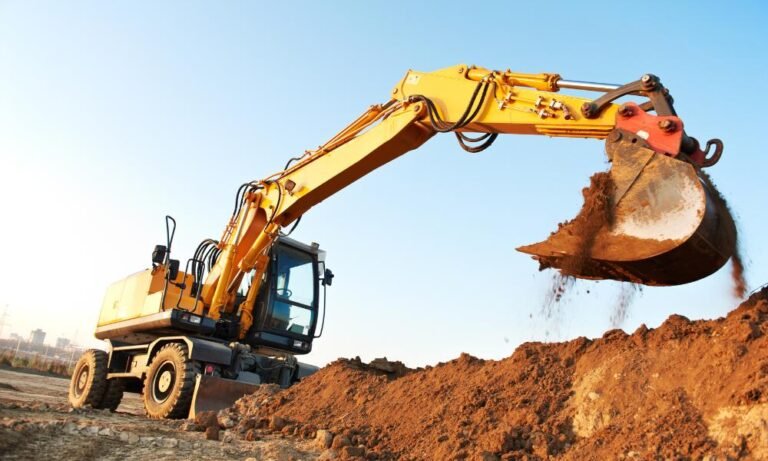Estimated reading time: 5 minutes
When starting an excavation project, the first question on many people’s minds is, “What will this cost me?” The truth is, there’s no one-size-fits-all answer. The price depends on many factors, from the type of project to the equipment needed and even the soil conditions. Understanding these variables can help you budget effectively and avoid surprises.
Here’s a quick overview of what we’ll cover:
- Key factors affecting excavation pricing
- Hidden expenses that might catch you off guard
- Practical tips to keep your project within budget
Let’s dig into it (pun intended!).
What Affects the Price of Excavation?
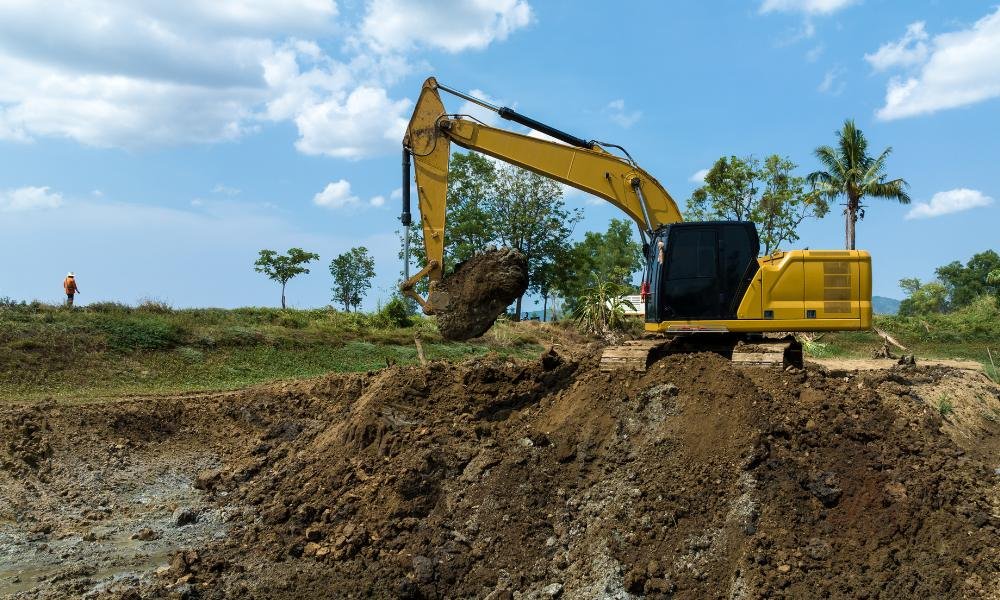
The cost of digging and preparing a site hinges on a variety of factors. Here are the main elements that play a role:
1. The Type of Project
Each job comes with its own unique demands. A small backyard project will cost significantly less than preparing a site for a commercial building. For instance:
- Land clearing: Simpler and often more affordable.
- Foundation digging: Requires precision and significant time.
- Utility work: Involves navigating underground lines, which adds complexity.
For landscaping or smaller outdoor projects, you might find this helpful: The Role of Excavation in Landscaping and Outdoor Projects.
2. Equipment and Machinery
Excavation machines are powerful, but that power comes at a price. The size and type of equipment required can quickly add up. For instance:
- A small excavator may cost less to operate, but larger machinery might be needed for significant digs.
- Specialized tools or attachments, such as rock breakers, increase the hourly rate.
Fuel and transportation also contribute to the overall expenses.
3. Soil and Ground Conditions
Believe it or not, what’s beneath the surface has a big impact on pricing:
- Loose soil: Easier to work with, which means less time and effort.
- Rocky or clay-heavy terrain: Slows down the process and may require special tools.
When dealing with tricky soil, the expertise of a skilled operator becomes invaluable.
4. Size and Depth of the Dig
A shallow trench for drainage is far less labor-intensive than digging for a swimming pool or basement. Larger holes require more time, machinery, and effort, which naturally increases the expense.
5. Accessibility
How easy is it to reach your site? If your property is in a remote location or surrounded by obstacles, costs can rise. Limited access might require additional equipment or time to transport materials to and from the site.
6. Labor and Expertise
Hiring skilled professionals ensures the job is done safely and efficiently, but it comes at a cost. Labor rates vary based on location and the complexity of the work.
For a breakdown of when hiring a pro is worth it, check out When to Hire Excavation Services for Your Property.
Hidden Costs to Keep in Mind

Excavation often comes with unexpected expenses. Here are a few to watch out for:
- Preparation and Cleanup: Removing vegetation or debris is an added task.
- Utility Safety: Avoiding or relocating underground lines adds time and costs.
- Weather Delays: Mother Nature can slow progress, increasing labor fees.
Tips for Keeping Costs Under Control
Here are a few ways I recommend managing your excavation budget:
- Compare Quotes: Gather estimates from multiple contractors to find a fair price.
- Plan Thoroughly: A detailed plan minimizes surprises during the project.
- Work with Professionals: Skilled contractors might cost more upfront, but they can prevent costly mistakes.
- Optimize Site Access: Clear the area to save time and avoid delays.
Pro Tip: For outdoor improvements like driveways or patios, read How Excavation Services Prepare Your Land for Construction.
Project Costs by Type
To give you an idea of pricing, here are some common excavation jobs:
- Landscaping projects: $1,500–$5,000
- Trenching for utilities: $800–$2,000
- Commercial excavation: $20,000+ depending on scale
Costs vary by location, so getting local estimates is always wise.
DIY Excavation: A Risky Cost-Saver?
Thinking about renting equipment and tackling the work yourself? Here’s the thing:
- Learning Curve: Operating machinery takes skill.
- Risk of Errors: Mistakes could cost more to fix than hiring a professional.
- Permits and Regulations: Handling these yourself can be a headache.
If you’re considering DIY, weigh the pros and cons carefully. For guidance, check out DIY Excavation vs. Hiring Pros: Why Expertise Matters.
Steer Clear of Too-Good-to-Be-True Offers
While it’s tempting to go for the cheapest quote, lowball prices often come with risks:
- Poor-quality work that might need fixing later.
- Contractors who lack the resources to handle unexpected challenges.
Investing in a reputable company ensures the job is done right the first time.
Final Thoughts
Excavation costs can feel overwhelming, but understanding the factors at play can make budgeting simpler. From equipment needs to soil conditions and labor, every detail matters. By planning ahead and choosing experienced professionals, you’ll set your project up for success.
Ready to take the next step? Consider reviewing Top 7 Signs You Need Professional Excavation Services to decide when it’s time to call in the experts.
With the right preparation, your excavation project will be off to a solid start—literally!
